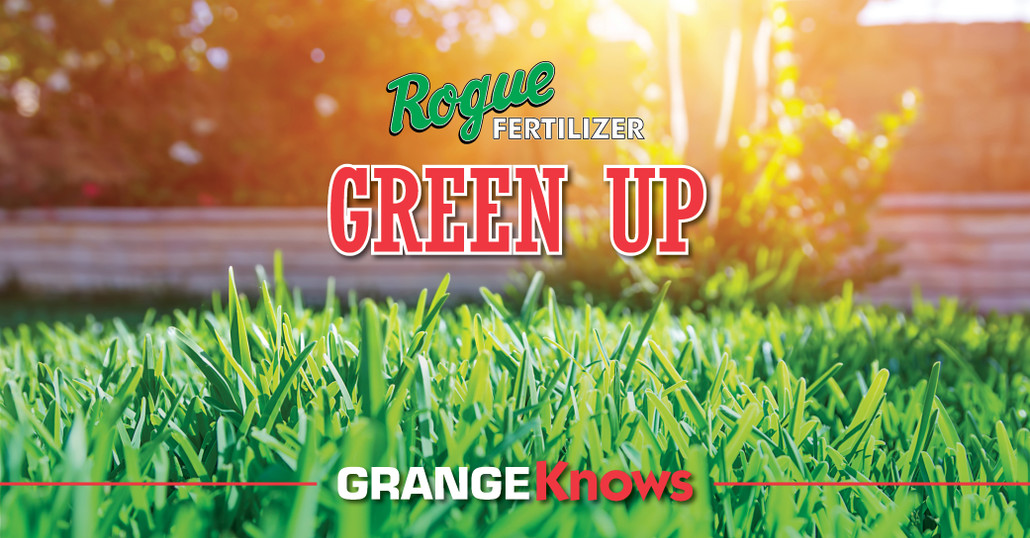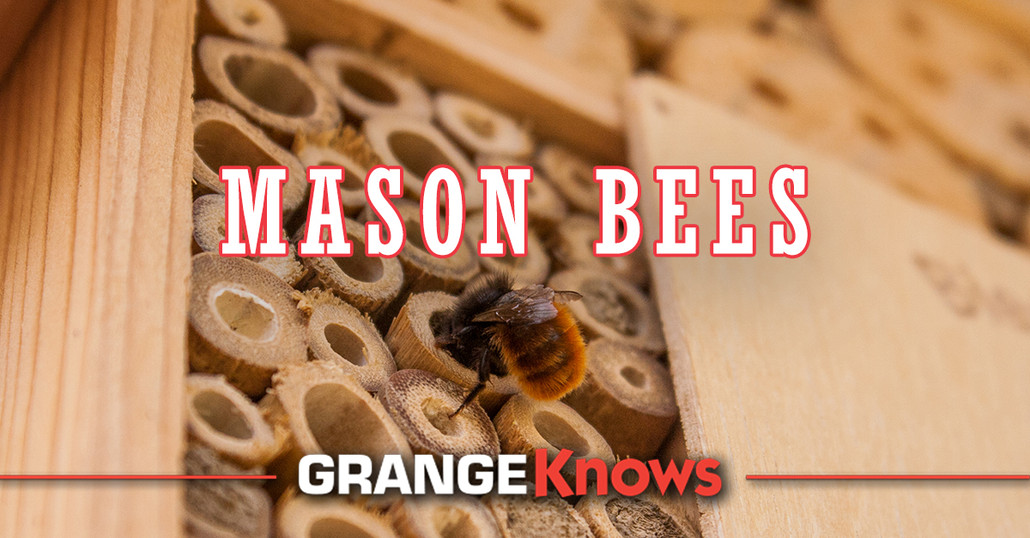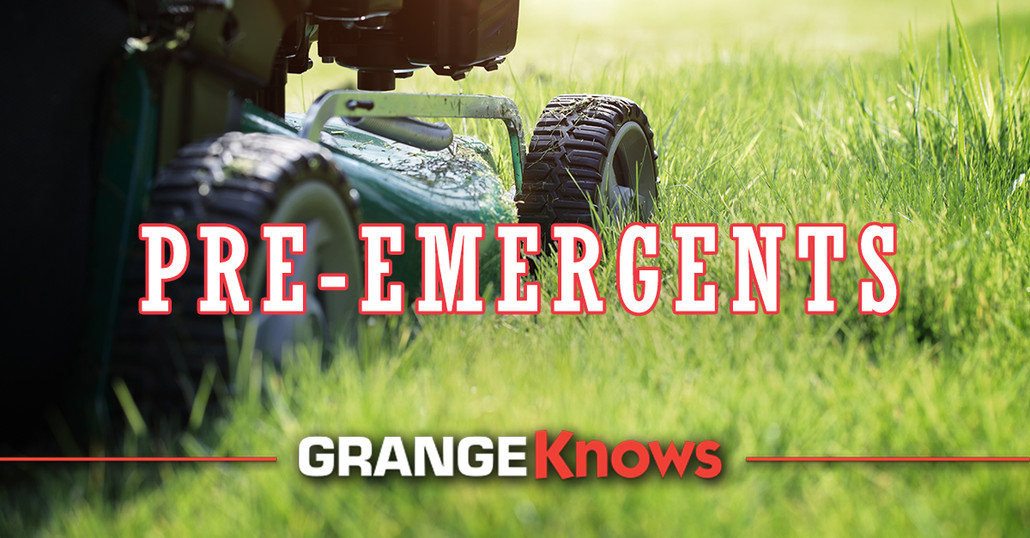Posted by Grange Co-op on 12th Feb 2019
EARLY SPRING LAWN CARE
February in the Pacific Northwest may not show signs of warming temperatures, but if you look closely, you may spot the early growth of crocuses, daffodils, helleborus, or even pansies. The ground is beginning to warm, which means your lawn is beginning to wake up. During this time, your grass will be hungry! It needs feeding in order to strengthen its roots and launch into the growing season. Early spring is the ideal… Read more
Posted by Grange Co-op on 28th Jan 2019
Did you know many of your favorite trees, shrubs, roses and perennials are available as bare root plants? In this GrangeKnows article, we’ll provide simple tips and maintenance on bare root success. “Bare roots” simply means the plants are dormant and shipped without soil. Not all plants can handle being without soil for extended periods of time, but those that can, are often some of the best bargains in gardening.
Health and Growth… Read more
Posted by Grange Co-op on 11th Jan 2019
In this GrangeKnows article, you’ll learn how to raise and care for one of the most efficient pollinators available: Mason Bees. The benefits of Mason Bees are extraordinary in comparison to the resources needed to maintain these mighty pollinators. Learn just what it takes to maintain Mason Bees and the benefits of keeping these around your home in this GrangeKnows article.
Pollinators help sustain our future food supply and preserve a heal… Read more
Posted by Grange Co-op on 22nd Dec 2018
Even though tree’s leaves have dropped, the air is cold, gardens and colorful annual blooms are long gone, one thing that should not lose its luster is your lawn. Winter is the ideal time to apply a pre-emergent herbicide. The best way to stop hard-to-kill weeds such as crabgrass and spurge is to apply a pre-emergent in the winter before they start to germinate. Remember: most pre-emergent herbicides will keep all seeds from coming up, so wait… Read more




